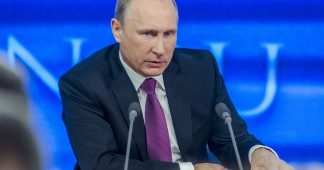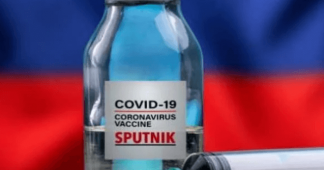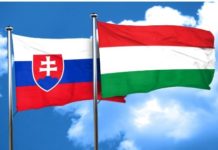The European Commission has proposed banning Russia’s Sputnik and RT from accessing the European media market over Russia’s “special operation” in Ukraine. The ban envisages prohibiting EU operators from broadcasting or distributing Sputnik and RT content across the bloc. This will also apply to licences, authorisation, and distribution agreements.
“First of all, one should bear in mind that media regulation is not within the competence of the European Union,” says Ricardo Gutiérrez, general secretary of the European Federation of Journalists (EFJ), the largest journalist organisation in Europe. European Commission President Ursula von der Leyen has announced measures that she will not be able to put into practice. The EU does not have the right to issue or revoke a broadcast license. This is the exclusive competence of states. Secondly, shutting down the media altogether does not seem to be the best way to deal with disinformation or propaganda.”
On 27 February, von der Leyen claimed that the EU would ban Sputnik and RT’s “toxic and harmful disinformation in Europe.”
Gutiérrez argues that censorship could be counterproductive for citizens who read or watch banned media. Instead, apparent disinformation should be countered by exposing factual errors or poor journalistic research, demonstrating the lack of their financial or political independence, devotion to special interests and disregard for the public interest, according to the EFJ general secretary.
The prohibition of the media outlet is a serious step that must be based on a solid legal framework and objective reasons in order to avoid arbitrariness, according to the EFJ. The major task of democratic countries is to fight disinformation while maintaining the freedom of speech, the federation emphasises, adding that the real antidote to disinformation is not an outright restriction, but a promotion of a vibrant, pluralistic, professional, viable, and completely independent media ecosystem.
“The politics of censorship also carry the risk of possible retaliation, as we saw with the DW ban in Russia in response to the RT ban in Germany,” says Gutiérrez. “The result of this aggravation was the decline in media pluralism in Russia and Germany. Citizens have lost the right to access information broadcast by DW or RT. It is deplorable.”
The EU’s move to ban RT and Sputnik means direct censorship that, if passed, would be illegal, according to Berenger Tourne, a lawyer at the Paris Bar since 2001 and former secretary of the Paris Bar Internship Conference.
“This is not so much a violation of free speech as it is a revision of what was considered free speech,” Tourne says. “If the political power now seizes its own press (and in France its major assets already belong to a handful of billionaires), then one can say that a free press simply does not exist. They keep it on a tight leash.”
Published at sputniknews.com
We remind our readers that publication of articles on our site does not mean that we agree with what is written. Our policy is to publish anything which we consider of interest, so as to assist our readers in forming their opinions. Sometimes we even publish articles with which we totally disagree, since we believe it is important for our readers to be informed on as wide a spectrum of views as possible.











